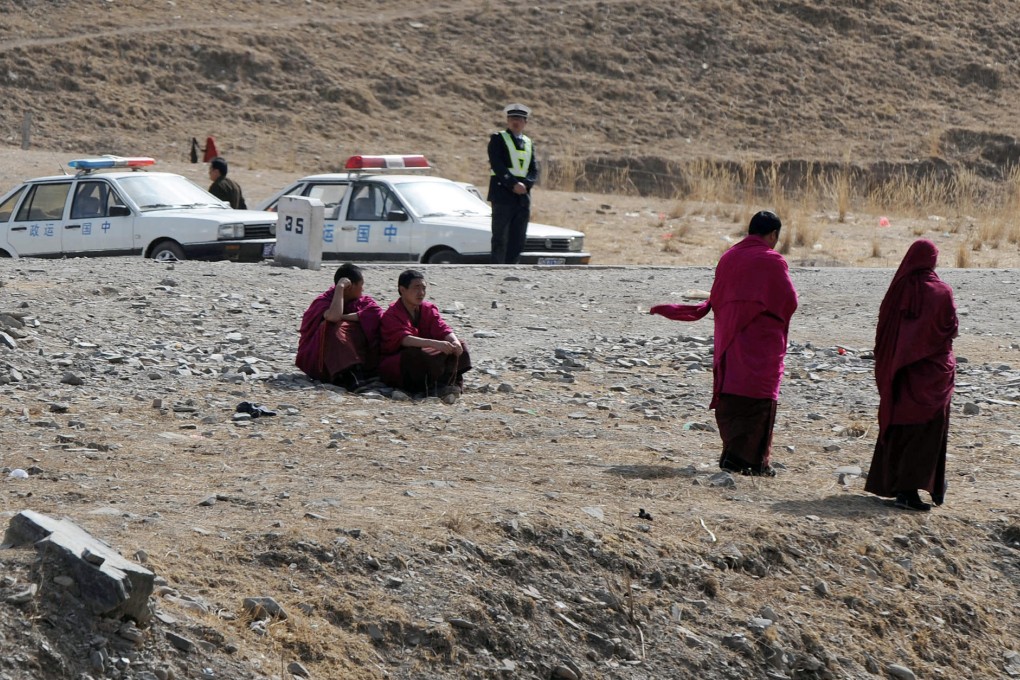Book review: The Emperor Far Away, by David Eimer
China possesses the world's longest land border - more than 22,000 kilometres - and is neighbour to 14 countries, more than any other nation.

by David Eimer
Bloomsbury
4 stars
David Bartram
China possesses the world's longest land border - more than 22,000 kilometres - and is neighbour to 14 countries, more than any other nation.
David Eimer, Post contributor and former China correspondent for Britain's Sunday Telegraph, travelled this perimeter between 2005 and 2012, to show that a full understanding of the mainland cannot be gleaned from the eastern megacities alone.
The title, derived from a proverb which emphasised how central authority waned farther away from Beijing, is given a modern application as Eimer paints a China unrecognisable from a postcard of the Great Wall or a stroll along the Bund in Shanghai.
His journey takes him through Xinjiang, Tibet, Yunnan and Dongbei where he meets a colourful cast of locals tied together only by their notional Chinese citizenship. In Urumqi, capital of Xinjiang, he meets Billy, an Uygur who is blunt in his disdain for Chinese rule: "We don't have any connection with the Chinese. We don't look Chinese, we don't speak the same language, and we don't eat the same food."
